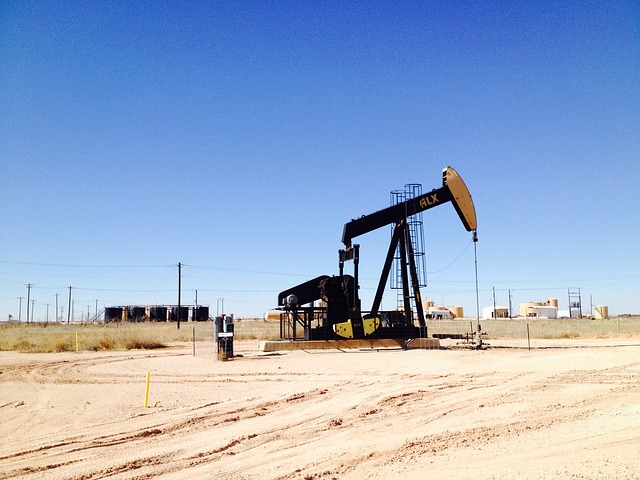
What is Fracking?
Fracking, short for hydraulic fracturing, is a process that involves drilling thousands of feet underground and injecting water and chemical solutions to break apart shale rock layers to extract natural gas. This method enables the extraction of oil and gas in over 12 states, including Pennsylvania, Ohio, Texas, Colorado, and California. While fracking offers significant economic benefits, it also raises controversies regarding environmental pollution and health concerns for local residents. These debates have become crucial issues in political discussions.
As the election date approaches, President Donald Trump is reportedly considering an executive order to express support for fracking. Democratic candidate Joe Biden has stated that he supports banning new fracking on federal lands but does not wish to implement a complete ban. This controversy has emerged as candidates make their final efforts to engage voters in Pennsylvania.
Pennsylvania, in particular, has reaped substantial benefits from the fracking industry. According to the Energy Information Administration, it produces more dry natural gas than any state except Texas, and the influx of fracking has partially contributed to the state’s economic recovery since the 2008 financial crisis. Scott Detrow from NPR’s StateImpact project noted, “Pennsylvania has produced incredibly cheap natural gas over the past few years, allowing many people to earn significant income.”
However, there is considerable criticism regarding fossil fuel extraction methods. Residents living near fracking sites are concerned about chemicals potentially contaminating local water supplies. In fact, in 2017, Pennsylvania’s environmental regulators found a possible link between a series of earthquakes and the operations of local fracking companies. Detrow mentioned that residents in Pennsylvania have consistently held a “middle-ground opinion” on fracking, emphasizing that voters in a crucial state for Biden’s potential victory remain skeptical about the process.
Polls indicate that Pennsylvania is a highly competitive state, with 20 electoral votes that could lead to a decisive win for either candidate. Trump narrowly won this state in 2016, running on a platform that supported the oil and gas industry. However, as fuel prices have plummeted and demand for new oil rigs has decreased, the fracking industry has seen a decline. Detrow pointed out that the clean energy sector is currently creating far more jobs than the natural gas industry.
In contrast, while Biden promotes a transition to renewable energy, he has repeatedly stated that he does not want to impose a complete ban on fracking. His green energy plan aims to make the U.S. carbon-neutral by 2035. Detrow explained that this transition would likely involve a reduction of the fossil fuel industry.
Ultimately, fracking is closely tied to the livelihoods of Pennsylvania residents, and candidates are employing various strategies to connect with voters in this region. As discussions about climate change and energy transition become increasingly important, voters need to closely examine the policies each candidate proposes.